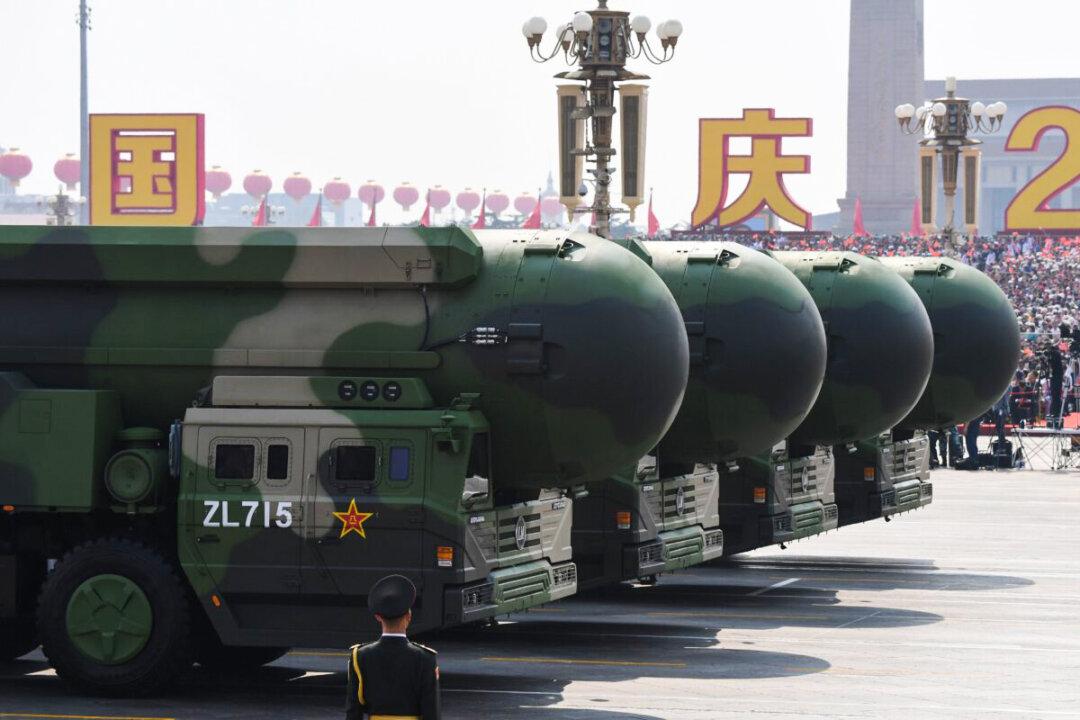A Chinese nuclear research and development lab has gained access to U.S.-made semiconductors even though such institutions have been banned from making similar technological procurements for more than two decades.
The China Academy of Engineering Physics (CAEP), a state-run institution that focuses on the testing, development, and research of nuclear weapons and related sciences, has successfully obtained semiconductors made by Nvidia and Intel since 2020 despite that the entity has been on a U.S. export blacklist since 1997, The Wall Street Journal reported. CAEP is said to have bought sophisticated American chips at least 12 times during the past two-and-a-half years.





